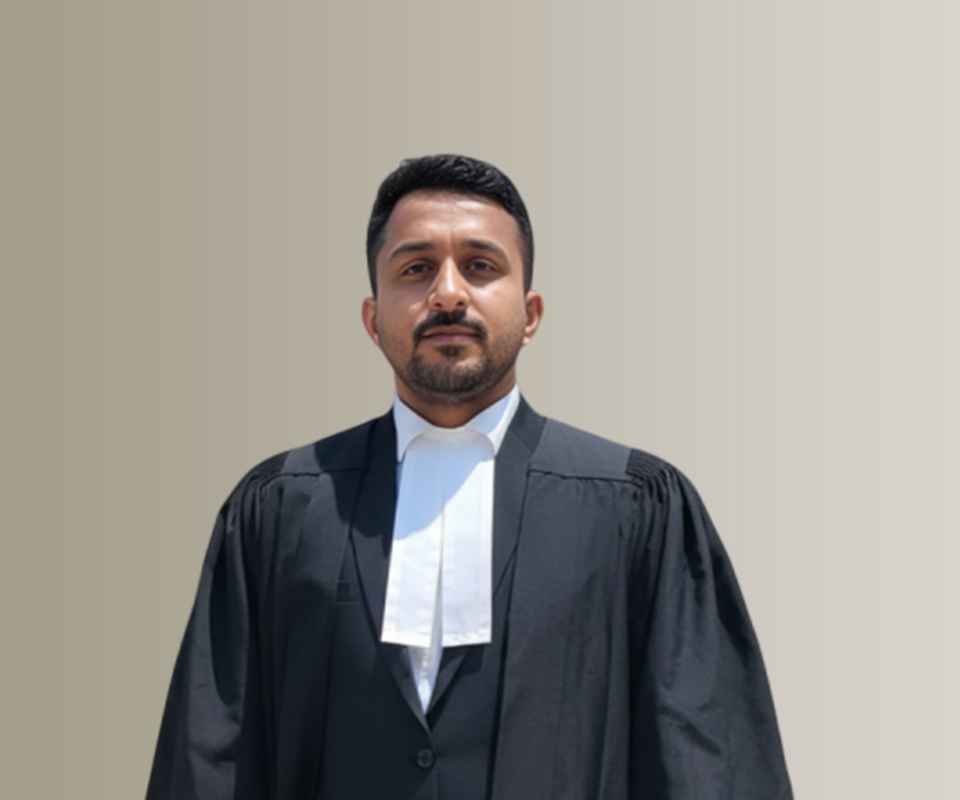Answer By law4u team
India’s legal framework to prosecute fugitives who have fled the country is a complex process governed by national laws, international treaties, and cooperative mechanisms between countries. Fugitives may face prosecution under various Indian laws, such as the Indian Penal Code (IPC), the Prevention of Corruption Act (PCA), or anti-terrorism laws. India relies on its extradition treaties, Mutual Legal Assistance Treaties (MLATs), and international organizations like Interpol to track, apprehend, and prosecute fugitives. India has been active in reforming its legal processes and enhancing international cooperation to ensure that those who commit crimes within its borders are held accountable, even if they escape to other countries.
Key Legal Frameworks for Prosecuting Fugitives
Indian Penal Code (IPC), 1860
The Indian Penal Code (IPC) is the primary legislation that defines criminal offenses and prescribes punishments. It also includes provisions for fugitives who attempt to escape prosecution. Under Section 82 and Section 83 of the IPC, when a person is accused of a crime and absconds to avoid arrest, they are considered a fugitive. If a person is in hiding, an arrest warrant may be issued, and the police are authorized to seize the individual under the Fugitive Offenders Act, 1967.
Fugitive Economic Offenders Act, 2018
India’s legal system has specific provisions to deal with economic offenders who flee the country. The Fugitive Economic Offenders Act, 2018 allows the government to seize assets of fugitive economic offenders, including individuals who commit financial fraud, money laundering, or corruption-related offenses. This law allows for the confiscation of properties and the prosecution of fugitives who abscond, primarily to escape economic crime-related charges.
Prevention of Corruption Act, 1988
Corruption-related offenses are dealt with under the Prevention of Corruption Act, and fugitives involved in corruption cases face prosecution under this law. The Enforcement Directorate (ED) can also seize assets and launch investigations under the PMLA (Prevention of Money Laundering Act) for those accused of laundering proceeds from corruption.
Terrorism and National Security Laws
In cases of terrorism or national security offenses, India follows laws like the Unlawful Activities (Prevention) Act (UAPA). The National Investigation Agency (NIA) is involved in investigating and prosecuting individuals charged with terrorism-related offenses. If a fugitive is involved in terrorist activities and flees the country, India seeks to prosecute them using both domestic laws and international cooperation frameworks.
Extradition Laws
India has entered into extradition treaties with several countries, which provide a legal framework for requesting the return of fugitives. These treaties outline the procedures for extraditing individuals who are wanted for trial or punishment in India. In cases where an extradition treaty exists, India may request that the individual be sent back to India to face the charges laid against them.
Bilateral Extradition Treaties:
India has extradition treaties with countries like the United States, the United Kingdom, and several others. These treaties define which crimes are extraditable, the legal procedures for requesting extradition, and the grounds on which extradition can be denied.
No Extradition Treaty:
In the absence of a treaty, India may rely on Interpol or Mutual Legal Assistance Treaties (MLATs) to track and prosecute fugitives.
Mutual Legal Assistance Treaties (MLATs)
MLATs are treaties that enable countries to cooperate in criminal matters, including extradition, sharing of evidence, and prosecuting fugitives. India has signed MLATs with various countries, allowing for cooperation in criminal investigations, including the prosecution of fugitives. Under these agreements, countries may assist in gathering evidence, executing arrest warrants, and providing other legal assistance needed to prosecute fugitives.
Interpol and Red Notices
Interpol plays a vital role in international law enforcement cooperation. India often issues a Red Notice through Interpol, requesting the arrest and provisional detention of a person wanted for prosecution. A Red Notice is not an arrest warrant but serves as an international alert to locate and provisionally detain fugitives pending extradition.
National Investigation Agency (NIA)
The NIA is tasked with investigating and prosecuting terrorist offenses and other national security-related crimes. When a terrorist or organized crime fugitive flees India, the NIA actively pursues their prosecution through domestic and international legal avenues.
Enforcement Directorate (ED)
For economic offenses like money laundering, the Enforcement Directorate (ED) works alongside other agencies to trace, seize, and prosecute fugitive economic offenders. The Prevention of Money Laundering Act (PMLA) allows the ED to take action against fugitives involved in money laundering, even if they have fled India.
International Cooperation and Challenges in Prosecuting Fugitives
Interpol Red Notices
India frequently uses Interpol Red Notices to request the arrest of fugitives who have escaped the country. While a Red Notice does not compel the arrest of the individual, it serves as a global alert to law enforcement agencies in member countries to locate and detain the individual until further legal procedures can be pursued.
Extradition Requests
Extradition requests often depend on the existence of a bilateral extradition treaty. In cases where treaties do not exist, India uses Interpol, MLATs, and other international agreements to push for cooperation. However, some countries may refuse to extradite fugitives due to political reasons, human rights concerns, or a lack of treaty obligations.
Political and Legal Hurdles
While international cooperation exists, the political relationship between countries often influences whether a fugitive is extradited or prosecuted. Political tensions, or concerns that an individual may face harsh treatment in India, can delay or block extradition requests. Similarly, countries with weak or inconsistent legal systems might not be reliable in prosecuting fugitives.
Protecting Human Rights
India is committed to ensuring that fugitives who are extradited or prosecuted are not subjected to torture or inhumane treatment. India guarantees fair trial provisions and human rights protections to individuals who are returned for prosecution.
Example
Consider the case of Vijay Mallya, a prominent businessman who fled to the United Kingdom after being accused of financial fraud in India.
Steps India has taken:
- Extradition Request: India sent an official extradition request to the UK based on the Indian Penal Code and Prevention of Money Laundering Act (PMLA).
- Legal Framework: India utilized the extradition treaty between India and the UK to initiate the process of returning Mallya to India.
- Enforcement Directorate (ED): The ED seized assets linked to Mallya's financial crimes under the Fugitive Economic Offenders Act, hoping to deter him from using his assets to escape the legal process.
- Interpol Red Notice: A Red Notice was issued to locate Mallya and facilitate his detention pending extradition.
Conclusion
India has a comprehensive legal framework to prosecute fugitives, including domestic laws such as the Indian Penal Code, Fugitive Economic Offenders Act, and international cooperation mechanisms such as extradition treaties, MLATs, and Interpol. While the process can be complicated by political, legal, and diplomatic challenges, India continues to pursue avenues for international cooperation to ensure that individuals who flee the country are held accountable for their crimes.







